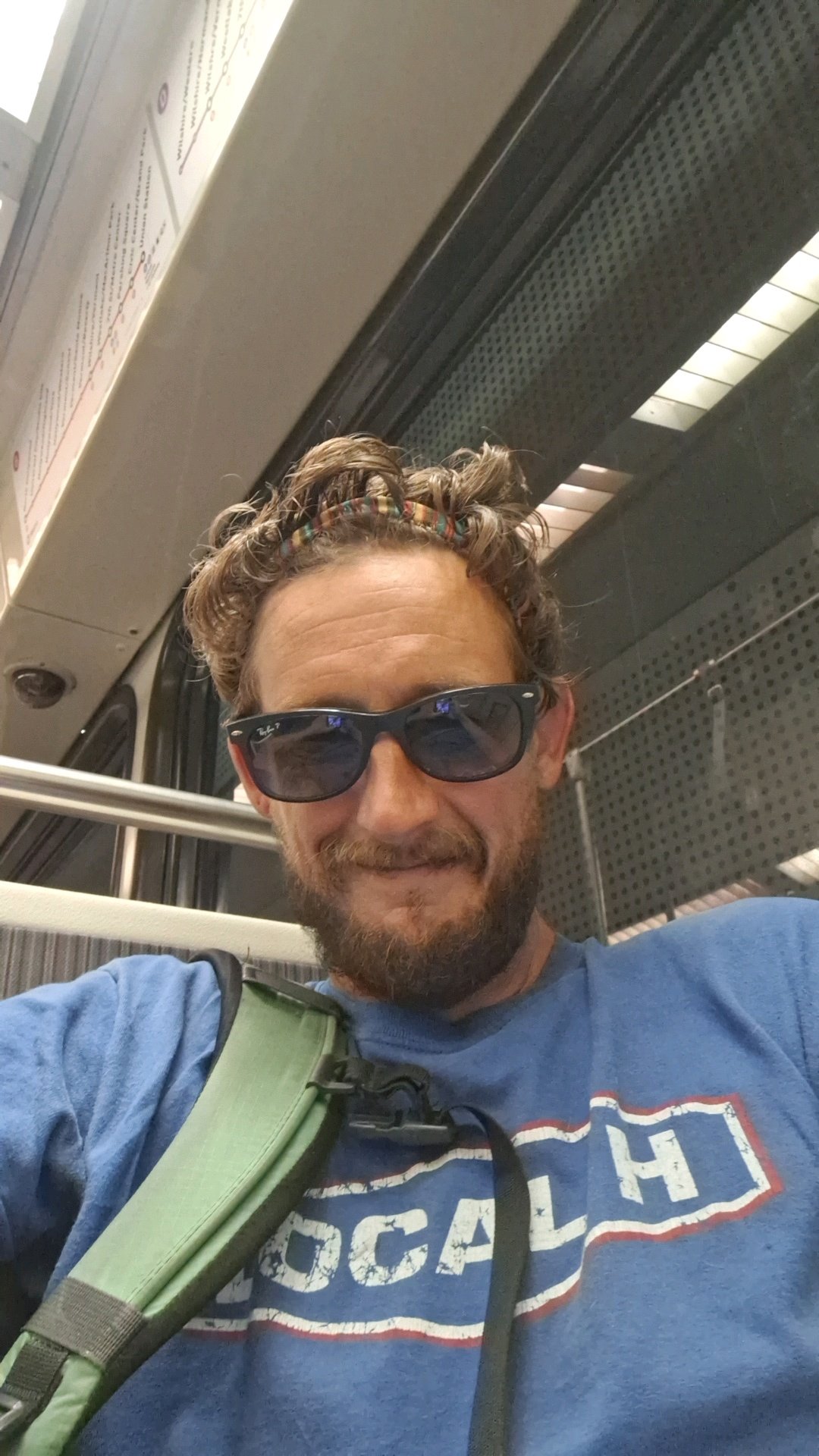Widespread protests have continued for days across France after police killed a 17-year-old in a Paris suburb when he refused to comply with a traffic stop, prompting a national reckoning on racism and excessive force in policing.
The victim, who was of French-Algerian descent, has been identified by police as Nahel M. In the wake of his death, protests have broken out in the cities of Lyon, Toulouse, Lille, and Nanterre, the suburb where Nahel was reportedly from. Some of them have turned violent, with protesters throwing stones, bottles, and fireworks at police and setting fire to garbage bins and vehicles. Police in turn have used tear gas to try to disperse the crowds.
The French interior minister has reported that at least 180 protesters were arrested and 170 law enforcement officers injured as of Thursday morning. He said that 40,000 officers would be deployed across France Thursday night in anticipation of further clashes.
“It’s an explosion of general anger” directed not just at police oppression, but also at economic and racial inequities, said Mathieu Rigouste, a researcher in social sciences and the author of La Domination Policière, a book examining how French policing practices are rooted in colonialism.
Many in France see Nahel’s killing as a reflection of racism against Arab and Black communities in the country, given that it’s not the first time something like this has happened. In 2020, four police officers beat a Black music producer inside his studio in a viral video, just as French President Emmanuel Macron was considering legislation that would impose new restrictions on posting videos of police online. And in 2005, teens Zyed Benna and Bouna Traoré — who were of Tunisian and Mauritanian origins, respectively — died after fleeing a police identity inspection and running into an electricity substation where they were accidentally electrocuted.
“You have a kind of immediate feeling among the public that this is symptomatic of more global trends in terms of police violence,” said Jacques de Maillard, a political science professor at the University of Versailles-Saint-Quentin who studies comparative policing. Those trends include, as the UN pointed out in 2021, “a steady increase in the use of excessive force, police brutality, and other forms of cruel, inhuman, or degrading treatment, as well as arbitrary detention” around the world — and often reflect factors including racial tensions.
The circumstances of Nahel’s killing certainly seem to mirror many deadly traffic stops in the US and elsewhere. The public prosecutor in the case said that police tried to stop the vehicle because of erratic driving and the driver was young. But Nahel refused to stop, ran a red light, committed additional traffic violations, and endangered pedestrians, they said.
Police pursued him, and in a video of the incident released Tuesday morning, approached his car on foot, one officer pointing a gun. Nahel starts to drive away, but the officer fatally shoots him in the chest. That officer is now under formal investigation for voluntary homicide — the French equivalent of being charged with a crime in the US legal system. France’s longstanding police brutality problem
France is seen as one of the worst offenders in Europe when it comes to police brutality.
After Macron rammed through controversial reforms to raise the retirement age earlier this year, French police used tear gas and batons, as well as stun grenades and rubber bullets — which are banned in most other European countries — to disperse the mass protests that broke out. That prompted the UN’s Human Rights Council in May to criticize France’s use of excessive force in law enforcement. Members of the council also urged France to address more general “racial profiling by security forces.”
The existence of racial discrimination in French policing is also well-documented. The French government’s own human rights watchdog found in a 2016 survey of over 5,000 people that men and boys perceived as Black or Arab were 20 times more likely to be stopped by police than others.
Civil society organizations have filed a class action suit challenging ethnic profiling in policing in France, and the French government was ordered to pay a fine in a case brought by three teens of color who were stopped and searched by police while returning from a school trip in 2021. Aside from Nahel’s encounter with police, there have been many more such incidents of law enforcement targeting people in diverse suburban areas — including in Beaumont-sur-Oise, where Adama Traoré, a Black man, died in 2016 due to police restraint methods.
“In spite of international criticism and local struggles, the French state has continually reinforced its police, prisons, and borders (multiplying weapons, laws, and units specialized in ferocity) as well as judicial impunity over the last 30 years,” Rigouste said.
Attempts at reform have been met with fierce opposition by French police unions. In response to French solidarity protests over the killing of George Floyd in 2020, Macron’s administration weighed the possibility of disciplining officers guilty of “proven suspicions of racism” and banning the use of chokeholds. The first of those provisions was softened and the second was abandoned on account of pressure from police unions.
Again after Nahel’s killing, Macron seemed to be careful not to anger police unions in public remarks. While he called the killing inexcusable, he has also criticized the violent reaction from protesters and come to the defense of the police: “Our police and gendarmes are committed to protecting us and serving the Republic. I thank them every day for that. They do so within an ethical framework that must be respected,” he tweeted.
Even so, de Maillard said that Nahel’s killing might mark a turning point in actually getting some measure of real police reform enacted.
“The calls for reform have not been heard — until now,” he said.
We all need to be a bit more French when it comes to protesting
They believe in them so much that French people, or at least students, will rush off to a new protest without really knowing what it’s about, almost like the existence of protests itself is an important value.
Gathering Pitchforks
Protest and all that is good, but why burn innocent people’s cars on the street? This in no way helps their cause, quiet the opposite…
That’s often the plan.
You’ll find that in a riot, different individuals have different reasons for being there. Some individuals feel anonymous in a riot and behave in ways regular social norms would prevent.
Other people are fully in control of themselves but thrive on the sense of power they feel by manipulating rioters.
Others have a pre-set goal that the riot helps them achieve, and sometimes that goal is the opposite of what caused the riot in the first place.
Usually we burn trash bins, wooden pallets and symbols of authority and capitalism like police stations, and mcdonald’s
But the slice of the population they pissed off the most isn’t the same this time. There was more theft, more cars burned; the objective is looking like “if you keep policing us like this, we’re going to make things worse”
If you don’t disrupt anyone your protest has the same impact as an angry letter.
In Canada the only protests that accomplish anything are when a group blocks a road or a railroad until a very specific request is met. What typically happens is they get removed by police but I’m the background they get concessions so they don’t block another road in next months
@moridinbg @badbrainstorm First time, huh?
(I’m in the #USA, we’ve seen this circus before)
Cudos to French people
Agreed. I’m impressed that they are doing anything. Americans by and large just shrug their shoulders, offer “thoughts and prayers” and move on. Guess that’s why we are where we are with guns/gun violence.
Here in Italy we have heard of much about the riots for BLM. I don’t believe you did absolutely nothing.
It has moved something in America. The Facist Conservatives are trying to stuff every level of government with their bullshit at recore speed.
I recently watched a French movie called La Haine which is basically about the same thing this movie was released nearly 30 years ago so things have not changed much it seems.
There is one less criminal on the street. Why is that a bad thing?
These police departments are given tons of tax payer money to protect and serve the people.
With the level of training and resources available, it shouldn’t be asking too much to expect these criminals to face a fair legal process and an opportunity to be rehabilitated. Not put down like a rabid animal. Shoot them with bear tranquilizer or something. Also, technology is amazing these days. They could surely invest their bloated budgets to find something better than a bullet to bring somebody into custody.
To a certain degree though, it was a fuck around and find out moment. The driver was operating a deadly weapon (a car), and the police officers warned him to stop, he didn’t, and got shot. Nobody is to blame here aside from the driver.
Sure, agreed. In this case however the criminal was refusing to be detained to be prosecuted, and was clearly willing to do anything to avoid it, trying to flee in his car.
As unfortunate as it was, this outcome is preferable to him crashing and killing an innocent victim while fleeing.
Sure, agreed. In this case however the criminal was refusing to be detained to be prosecuted, and was clearly willing to do anything to avoid it, trying to flee in his car.
As unfortunate as it was, this outcome is preferable to him crashing and killing an innocent victim while fleeing.
Sure, agreed. In this case however the criminal was refusing to be detained to be prosecuted, and was clearly willing to do anything to avoid it, trying to flee in his car.
As unfortunate as it was, this outcome is preferable to him crashing and killing an innocent victim while fleeing.
Sure, agreed. In this case however the criminal was refusing to be detained to be prosecuted, and was clearly willing to do anything to avoid it, trying to flee in his car.
As unfortunate as it was, this outcome is preferable to him crashing and killing an innocent victim while fleeing.
Sure, agreed. In this case however the criminal was refusing to be detained to be prosecuted, and was clearly willing to do anything to avoid it, trying to flee in his car.
As unfortunate as it was, this outcome is preferable to him crashing and killing an innocent victim while fleeing.
Sure, agreed. In this case however the criminal was refusing to be detained to be prosecuted, and was clearly willing to do anything to avoid it, trying to flee in his car.
As unfortunate as it was, this outcome is preferable to him crashing and killing an innocent victim while fleeing.








